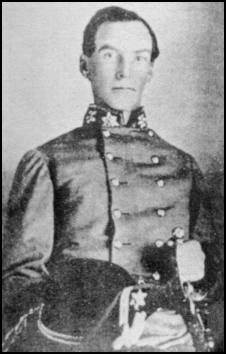Is this war affecting the other nations of the world in some way? How is this affecting Napoleon III? Tsar Alexander II?
You would think that either France or Russia is indeed making use of Britain being occupied in the west by either aiding the Americans or doing some colonialism of their own by for example sending more troops to Mexico to support Maximilian.
Chapter 43 lays out some of the events going on in the wider world at large since 1862. You can definitely infer some things there, while other things will be saved for later on. I can assure you though that the Tsar is definitely doing things in Asia and Europe the British would rather he not...
The French meanwhile are basically following their historical track record right now. They got beaten at First Puebla as historically, and have come back for Round 2. As Lee was riding through Maryland to move on Washington, General Bazaine (who replaced General Forey) has gathered 24,000 French troops and roughly 3,000 Mexican auxiliaries under Leonardo Marquez and has been besieging Puebla since March. Napoleon III has been following the Anglo-American war with interest, and he's delighted by what he sees. It has given Slidell more access to the French court than he enjoyed historically, and the campaign in Maryland has been followed very closely by French observers, which has the wheels in Napoleon's head turning.
When we get to the end of 1863 (God willing before 2021) I'm going to do another general world update. Mexican events will get their own chapter in 1864.
